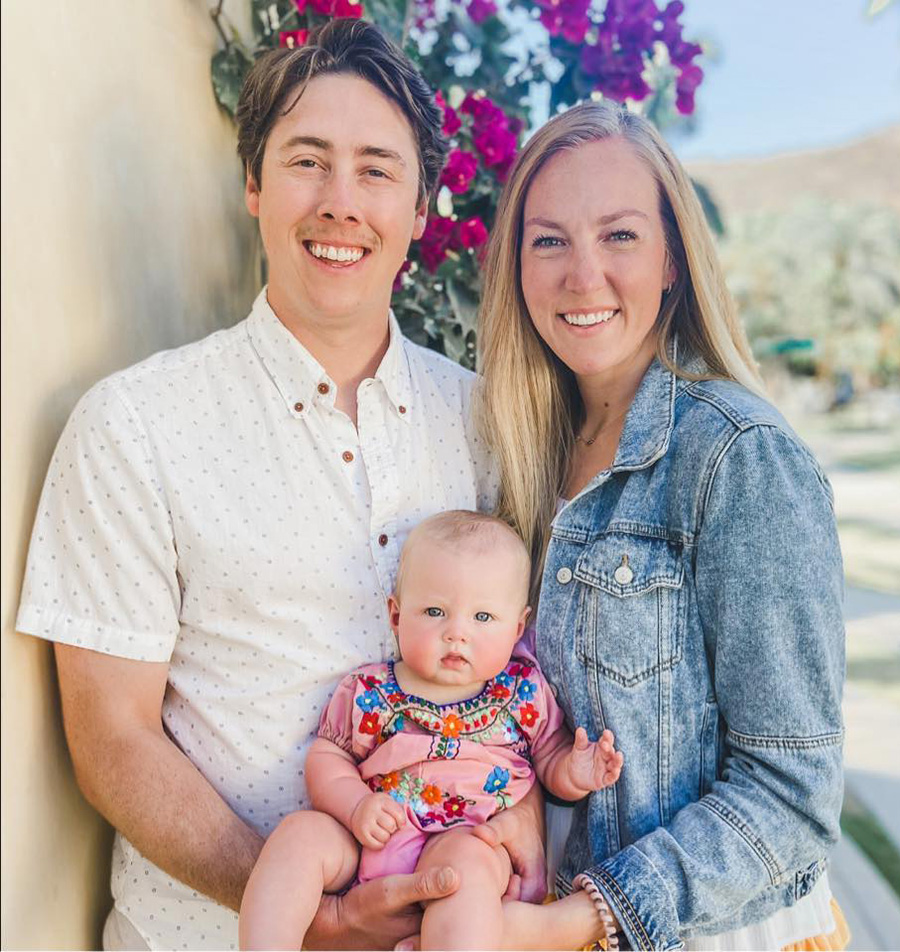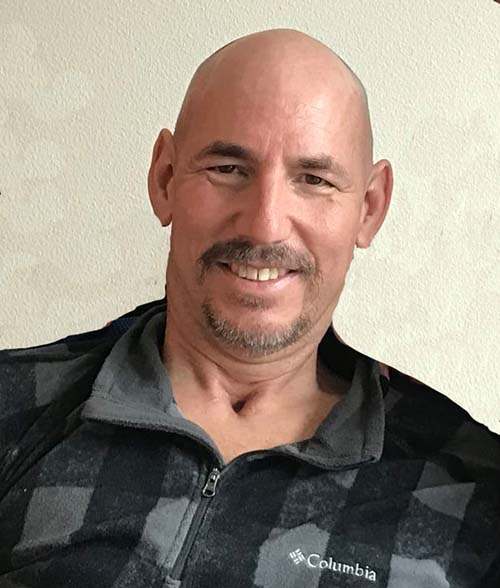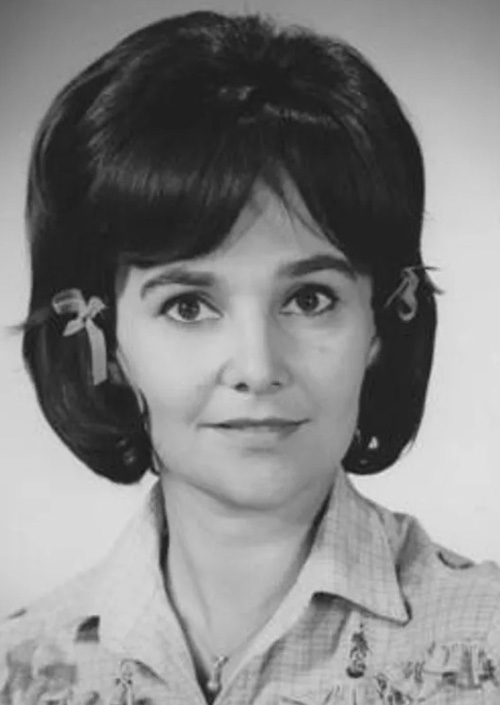By Dan Hall
It’s summer 1962, Scottsdale, Arizona. Sherri Chessen, a 30-year-old married mother of four, learned that a medication she had taken for morning sickness had been linked to birth defects. A doctor visit concluded her pregnancy was, indeed, at risk. She and her doctor agreed to an abortion, illegal in every state except to save the mother’s life.
“Miss Sherri” of TV’s “Romper Room” lost her court petition to receive a therapeutic abortion, so she flew to Stockholm, Sweden for the operation. It became a media circus due to her celebrity.
Mrs. Chessen faced an extremely difficult and painful situation. If she kept the child, she would experience great challenges caring for him or her, put four other children in a world where they were responsible for a completely dependent sibling, and affect her standard of living mentally, physically, emotionally and financially.
If she terminated her child, she would have to live with that decision the rest of her life.
As a pro-life proponent, I’ve had innumerable discussions with pro-choice Christians who are adamant in defending their position as more “holistically Christian.” I don’t discard their arguments, simply their conclusions. Honestly, the arguments haven’t changed in the 40 years I’ve engaged them. But abortion isn’t my topic. It’s only the backdrop.
One pro-life position I heard in the late ’80s and didn’t fully grasp then was: “What culture do we create when we tell a generation our quality of life is a sufficient reason to terminate their life?”
I think about that quote when a man kidnaps, rapes and kills a mother running in Memphis; our culture has said one’s life is less important than one’s fun. Or a couple of teenagers kill a New York bodega owner for less than $100; our culture has said a life should not hinder my financial situation.
Kerry Livgren, lead singer for ’70s rock group Kansas, distilled his conclusion of life down to this, after a disillusioned journey into various religions: “Dust in the wind / All we are is dust in the wind.”
It was their highest-ranked and longest-running hit — partly, I believe, because it resonated with their generation. That generation’s grandchildren live the fruit of our quality of life vs. life conundrum.
Six years ago, an accident left me quadriplegic: I can do nothing below my neck but shrug my shoulders, meaning I dance just like I did BEFORE my accident! I have “no arms or legs.” My wife has a 50-year-old deformed baby. She has to do everything for me. And I mean everything.
So what does my wife do with her reduced quality of life? What about my children? My dad and brothers?
I make this personal not from self-pity; I have an amazing support structure. It’s to put a face to my community: adults, children and families who face disabilities every day in a culture that says, “If you infringe on my quality of life, YOUR life is at best inferior to mine, if not useless to society.”

Chandler, Lucy and Emory Wall
Emory and Chandler discovered their unborn child had a serious brain anomaly. The future of this young couple navigating a new life and marriage on limited income took on a different hue. But the question seemed foreign to them: What do you want to do with your child?
For them, it was not a question of their quality of life, but of Lucy’s life’s value.
Gianna Jessen survived a late-term saline abortion. She has cerebral palsy. Before the House Judiciary Committee in 2015, she asked: “If abortion is about women’s rights, then what were mine? Is my life less valuable due to my cerebral palsy?”
My point? If Lucy and Gianna’s lives are invalidated pre-birth due to their condition, isn’t mine invalidated post-birth? And my entire community’s? How does passing through a birth canal change the principle?
As an old white guy, my position can be invalidated. My pro-choice friends say, “You don’t understand the whole picture.” I’m quite sure I don’t. But I would humbly ask, are you sure you do, either? Your answer could inadvertently invalidate the personhood of many … including me.
Lucy, Gianna and I have changed the quality of life for many. Gianna, who calls her cerebral palsy “a tremendous gift,” is a walking testimony of grace. Lucy and I are extremely loved as we are.
I don’t buy that we are “dust in the wind.”
Rather, I’ll embrace that we are “fearfully and wonderfully made”!

Dan Hall is an executive and strategic coach to leaders and executive teams. He also works with organizations on team building, conflict resolution and communication skills. He and his wife, Hazel, have six children and four grandchildren. You can reach him at Dan@OnCourseSolutions.com.


